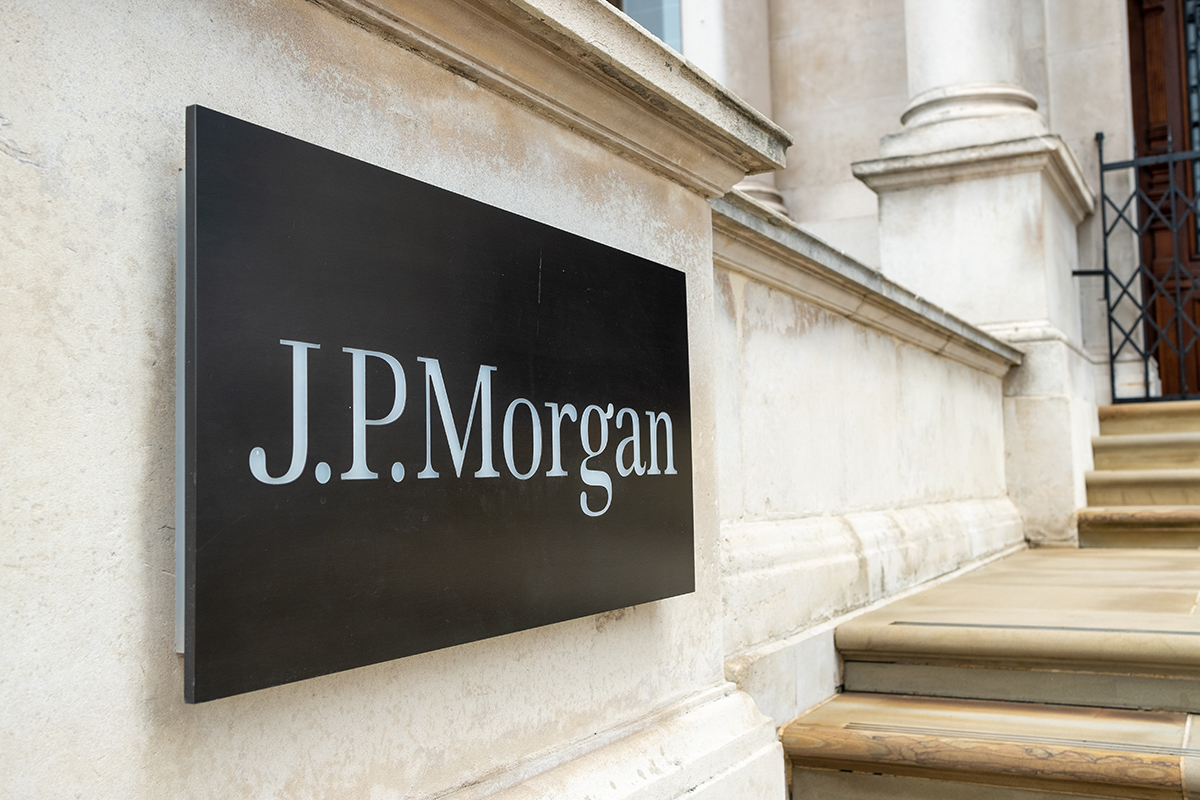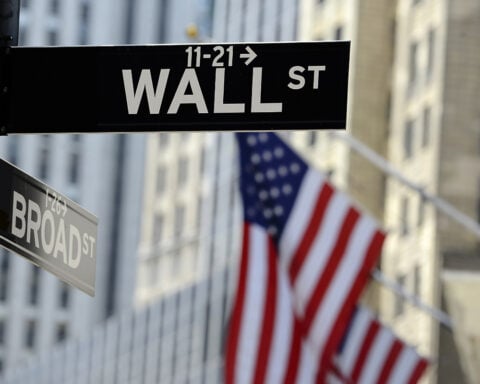In a stark warning that reverberated across financial markets, Jamie Dimon, CEO of JP Morgan Chase, cautioned that the world stands at the precipice of economic peril unseen since the aftermath of World War II. Dimon’s annual letter to investors painted a sobering picture of the current global landscape, identifying recent geopolitical events as potential catalysts for unprecedented instability.
Key among Dimon’s concerns was the fallout from Russia’s invasion of Ukraine in February 2022. The conflict, which continues to escalate, has sent shockwaves through international markets and raised fears of broader geopolitical turmoil. Dimon also highlighted ongoing violence in the Middle East, noting its impact on global perceptions of safety and security.
The specter of nuclear weapons, according to Dimon, looms large as a threat to global stability, underscoring the urgency of maintaining a robust military deterrent. These concerns align with recent warnings from the International Monetary Fund (IMF), which cautioned that the world may be on the brink of a second cold war that could erase decades of progress.
Gita Gopinath, the IMF’s first deputy managing director, echoed Dimon’s sentiments, emphasizing the fragility of the current geopolitical order. Rising tensions between major powers, particularly the United States and China, risk fragmenting the global economy into regional blocs, undermining the benefits of open trade and cooperation.
Dimon also raised alarms about inflationary pressures stemming from increased government spending, including investments in climate transition initiatives and healthcare. JP Morgan has prepared contingency plans for interest rates to fluctuate between 2% and 8%, reflecting the uncertainty surrounding future monetary policy decisions.
In response to Dimon’s warnings, the IMF cautioned against overly restrictive monetary policies, urging central banks to consider the potential ramifications for borrowers and homeowners. The Bank of England, in particular, was singled out for scrutiny due to its high borrowing costs and the prevalence of fixed-rate mortgages among UK homeowners.
Meanwhile, the Organisation for Economic Co-operation and Development (OECD) reported a slowdown in food price inflation across wealthy nations, signaling a potential easing of inflationary pressures. However, analysts remain cautious about the extent to which this development will influence monetary policy decisions.
Dimon’s somber assessment of global economic risks underscores the need for decisive action to mitigate potential threats. As geopolitical tensions escalate and inflationary pressures mount, policymakers and market participants alike must remain vigilant and adaptive in navigating an uncertain future.
The ramifications of these developments extend far beyond the realm of finance, with implications for geopolitical stability, social cohesion, and global prosperity. In the face of unprecedented challenges, leadership and cooperation will be paramount in steering the world away from the brink of economic catastrophe.







